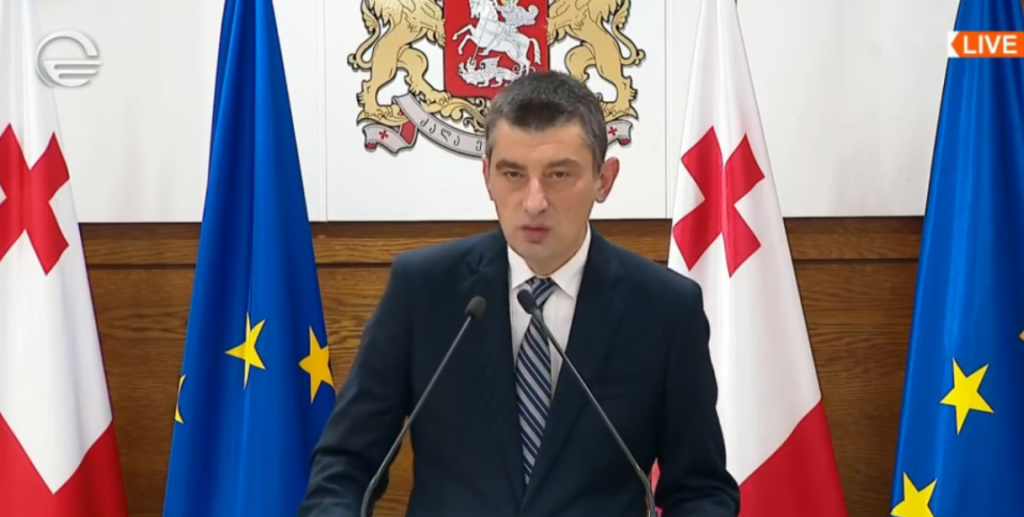
TBILISI, DFWatch–The Georgian government on Thursday announced new restrictions amid a skyrocketing number of Covid-19 cases and deaths, and with a healthcare system on the verge of collapse.
The new measures, though anticipated, are much less strict than what many healthcare experts had hoped for. Prior to adopting the new restrictions, the government held consultations with representatives of large companies and business unions. The final draft, consequently, was heavily influenced by business interests.
From November 28, the curfew which was imposed earlier will start at 9 pm instead of 10 pm as before, and it will last until 5 am. During these hours, it will be prohibited to move outdoors both on foot and with a vehicle, and also prohibited to be in a public space. The exception is New Year’s Eve and Christmas Eve, i.e. the night between December 31 and January 1, and between January 6 and January 7.
The new restrictions will be in force from November 28 to December 23. From December 24 to January 15 they will be in effect only on weekends.
Domestic transportation from November 28 will also be restricted across the country, including by rail, bus and minibus. There are no restrictions on cars and taxis.
Restaurants and food outlets will completely switch to delivery service, while all kinds of conferences, seminars, workshops, cultural and entertainment events will only be allowed by online.
As for the cities Tbilisi, Batumi, Telavi, Kutaisi, Rustavi, Gori, Poti and Zugdidi, trade facilities (except for food, animal feed, pharmacies, veterinary pharmacies, household chemicals and hygiene shops and press booths) operate only remotely. Outdoor and indoor malls will not be working, but agrarian markets will continue to function.
All schools and higher education institutions (other than medical education programs) are fully switched to remote learning, while private and public kindergartens are shutting down.
The work of hotels is allowed only to arrange quarantine spaces. The operation of ski resorts and ski lifts shall be ceased.
During the New Year celebrations, from December 24 to January 2, restrictions will be eased, and from January 3 to January 15, holidays will be announced across the country.
According to Prime Minister Gakharia, these 2-month restrictions, as well as the targeted assistance portfolio will cost the state 1.1 billion GEL.
In addition, the government strongly recommends all persons 70 years or older to stay at home.

